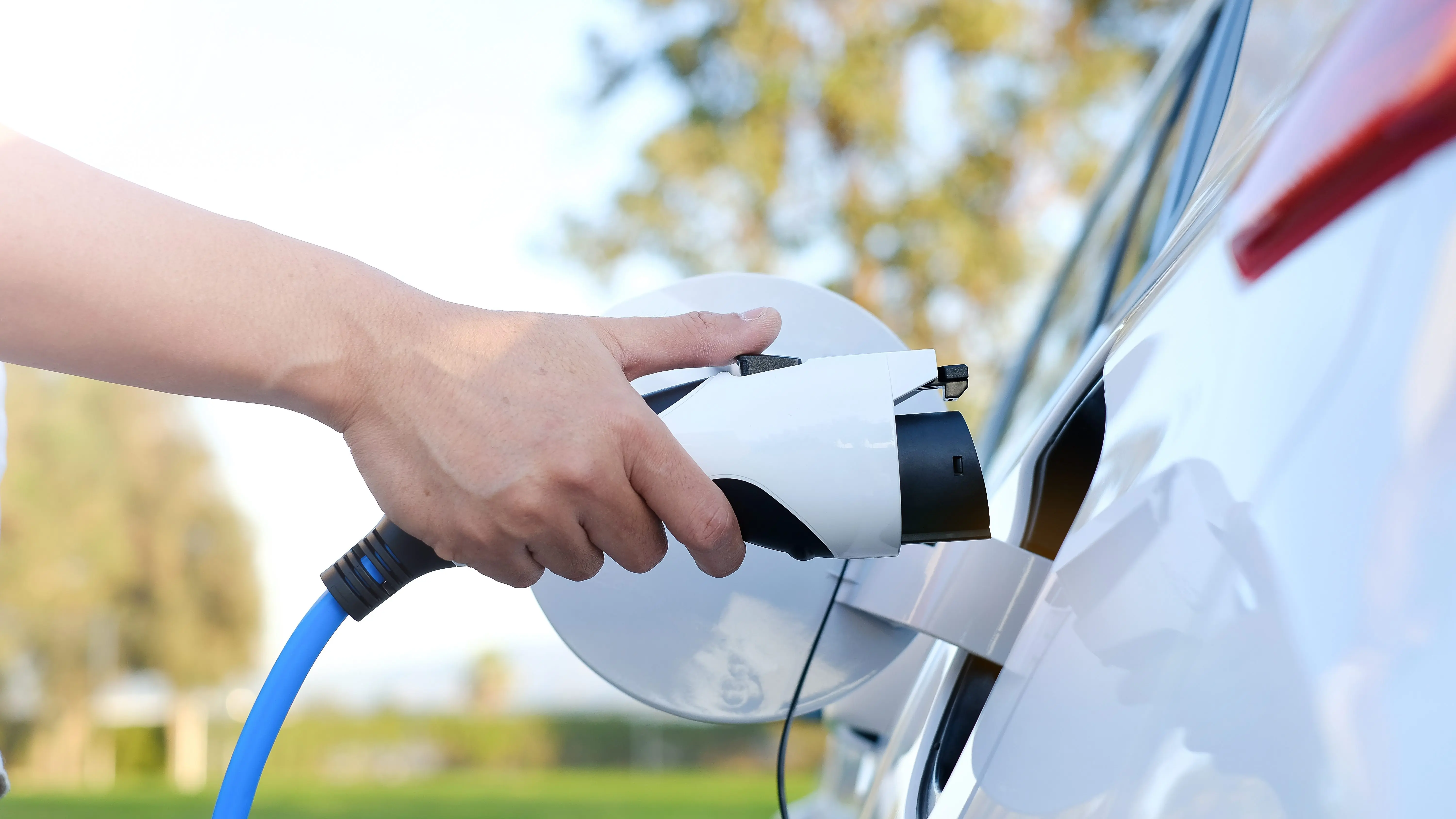
ADRIAN — As Michigan works toward a goal of supporting 2 million electric vehicles by 2030, the state is adopting a new Michigan EV Action Plan to help local governments develop accessible and equitable charging infrastructure.
The “Equitable EV Action Plan Framework” was developed by the University of California-Berkeley’s Center for Law, Energy and the Environment, in collaboration with Michigan Clean Cities and other partners. The plan provides step-by-step strategies to help local leaders establish electric vehicle infrastructure, with a focus on underserved communities.
The framework encourages community engagement by urging leaders to seek direct input from residents about where electric vehicle charging stations should be located. It outlines a process for identifying key agencies, prioritizing action steps, and planning for future transportation modes such as rideshare services, e-bikes, and e-scooters. The plan also provides funding and outreach strategies, along with examples of successful projects from across the country.
The Michigan Clean Cities team recently presented the plan during a Clean Fuels Michigan webinar.
The framework is designed to assist local governments in supporting an equitable transition to electric vehicles, enhancing mobility access, and reducing transportation-related emissions throughout the state.
